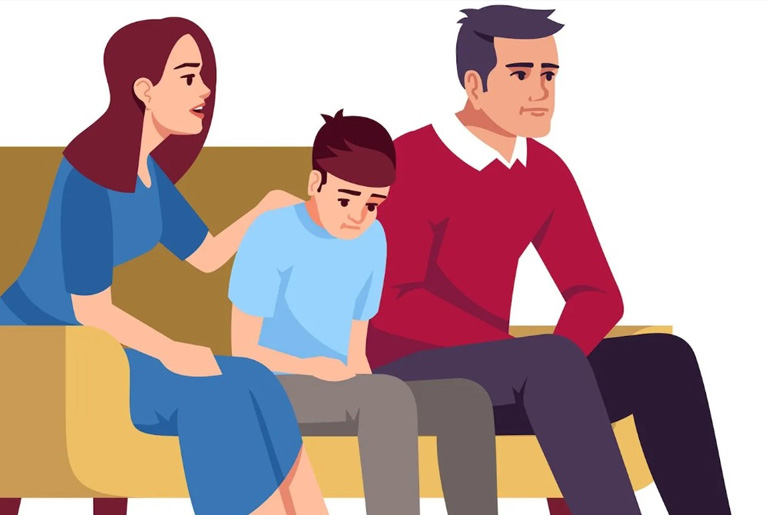We hear the phrase “I’m fine” from teens all the time. Although it would appear to be a straightforward response at first, these two words are actually a disguise for many teenagers. Unspoken anxieties, unfulfilled goals, and quiet battles with failure or self-doubt are hidden beneath them.
Teenagers are expected to be flawless in the fast-paced, high-pressure world of today. They must maintain social media profiles, fulfill academic standards, and be emotionally resilient. The picture-perfect lives kids see on social media are to blame.
His incessant demands frequently cause kids to repress their own emotions for fear of being judged, rejected, or disappointing the adults in their lives. When people don’t feel comfortable enough to talk about what they’re really going through, saying “I’m fine” turns into a potent protection.
What causes this to occur?
Teenage mental health issues are becoming more prevalent as a result of a complicated interplay between social isolation, family conflict, technology overload, academic stress, and cultural expectations. Even though they are always linked online, many people experience emotional disconnection.
What can school and parents do?
- Make discussing emotions more commonplace: Establish a culture at home where all emotions, including those that are difficult, are acknowledged and spoken about.
- Reframe achievement and put work first: Put effort, resiliency, and development ahead of grades and awards.
- Instruct students in digital balance: Encourage teenagers to use social media responsibly and to value in-person relationships.
- Set a good example for children by demonstrating that asking for assistance and being vulnerable are not marks of weakness but rather of strength.
- Promote professional assistance by letting them know that speaking with a therapist or counselor is both common and advantageous.
- Boost school-based support networks: Schools should make sure instructors are prepared to recognize emotional warning signs and offer mental health education.
Teen mental health include prevention, connection, and compassion in addition to crisis management. When a teenager says, “I’m fine,” take a moment to pay attention. That’s usually when the actual talk starts.
Let’s create an environment where our teenagers may express their true feelings without fear and know that we are paying attention. As parents, we need to have the ability to listen to silence. We must go beyond superficial discussions and foster an atmosphere where being vulnerable is accepted rather than humiliated if we want to establish a deeper connection with our teenagers.
Disclaimer:
The information contained in this article is for educational and informational purposes only and is not intended as a health advice. We would ask you to consult a qualified professional or medical expert to gain additional knowledge before you choose to consume any product or perform any exercise.







